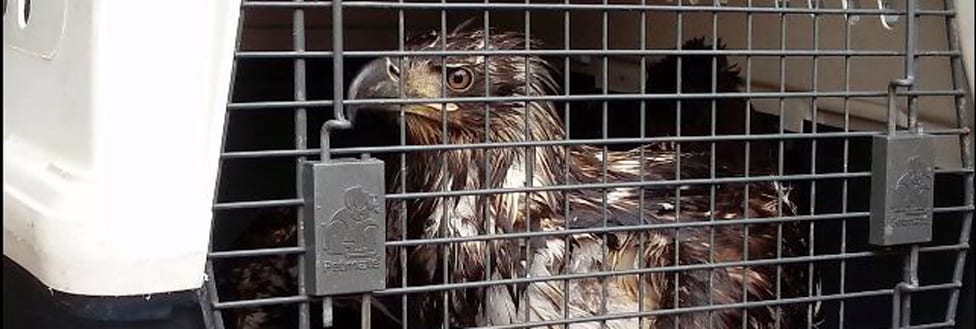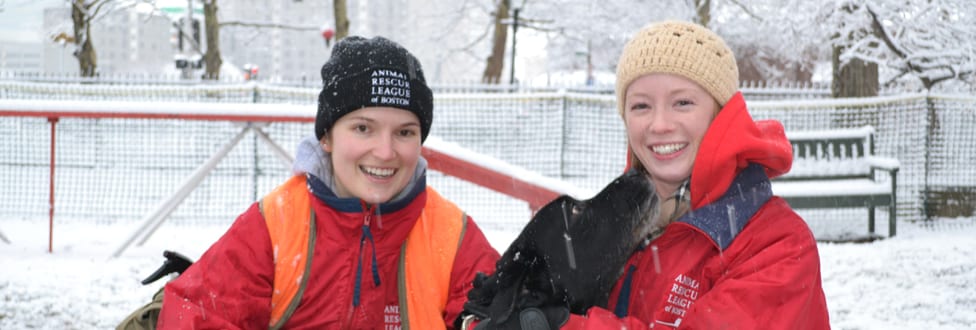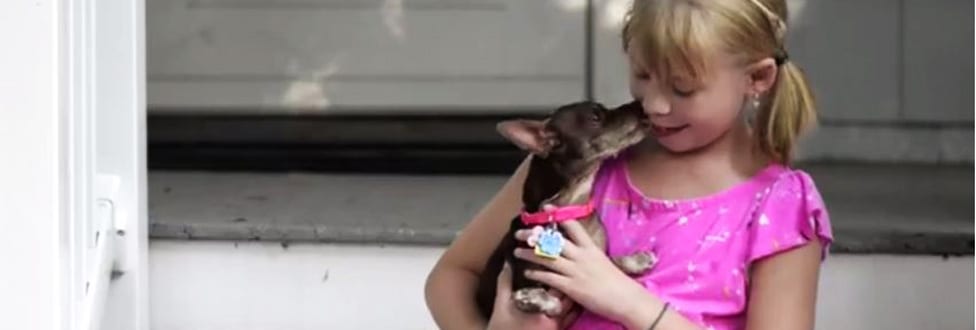Baby Alert! Mini-Donkey Gives Birth to Healthy Baby
Mini-Donkey Rescued from Illegal Ludlow Petting Zoo Gives Birth in New Home

Baby Alice
Yesterday morning Loretta, a mini-donkey who was adopted from our Dedham Animal Care & Adoption Center on March 24, gave birth to a healthy baby girl. The birth went perfectly and did not need any intervention. Both mom and baby, now named Alice, are doing well!
According to Alyssa Kane, one of our Dedham shelter agents, “this baby is quite possibly the cutest thing you’ll see in a long time!”
Congrats to the new mom and her adopters.
We are very excited to report that Loretta and Alice will be staying together! They live on a beautiful farm where mom and baby will get to foster their beautiful mother-daughter bond.

Loretta is one of 35 animals that the ARL, together with MSPCA-Angell, rescued from an illegal traveling petting zoo in Ludlow, Massachusetts back in February.
Read the full story about the rescue.
Most of the animals found permanent homes, but we still have three animals at our Dedham barn from that rescue who are waiting patiently for someone to adopt them.
Ross – a pony, Phoebe – a pony, and Chandler – a goat, are all hopeful that someone will adopt them soon! You can learn more about all of them on our adoptable animals page.



 On May 1, 2014, the Animal Rescue League of Boston (ARL) received a call from Tyngsborough animal control in regards to an injured juvenile bald eagle.
On May 1, 2014, the Animal Rescue League of Boston (ARL) received a call from Tyngsborough animal control in regards to an injured juvenile bald eagle.




 Thank you to all who participated in and submitted questions to
Thank you to all who participated in and submitted questions to 

